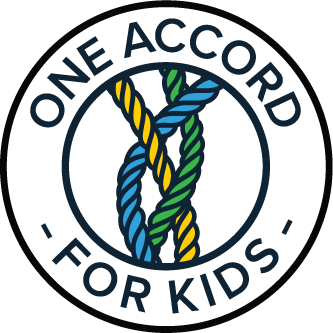Welcome back to our series “What We Are Reading”!
This month we are taking a deep dive into Dan Heath’s book Upstream and today we are taking a glimpse at part one.
To introduce the topic, Heath uses a parable that is ubiquitous in child welfare where friends come upon a river with children floating in it. These children obviously need to be rescued as they are headed down river to a waterfall. The parable contrasts the action each friend takes. One friend jumps in the river to save the children who are drowning, while the other goes upstream to figure out why children are falling into the water in the first place. Heath argues that in many areas of our lives, we tend to focus on downstream solutions (saving the children in the river) rather than upstream solutions (stoping the children from falling into the river in the first place).
The book described real-world examples to illustrate the benefits of upstream thinking. For example, an upstream approach to healthcare can prevent medical errors from occurring, rather than just treating the symptoms of those errors. He also discusses how an upstream approach to traffic safety can prevent accidents from happening, rather than just responding to them after they occur.
Heath goes on to explain some of the reasons why we tend to focus on downstream solutions. One key reason is that downstream solutions are often more visible and easier to measure, whereas upstream solutions may take longer to show results. Additionally, downstream thinking can be reinforced by a culture of blame, where people are more focused on finding someone to blame for a problem than on preventing it from happening again.
Focusing in part one on the barriers to upstream thinking, Heath introduces the idea of “Problem Blindness.” Problem Blindness refers to our tendency to think of problems as a constant variable rather than something that we can fix. In foster care, we think of a lack of foster parents or inconsistent workforce as constant variables. He argues that upstream thinking can help us overcome problem blindness by encouraging us to ask “Why?” as much as we can in order to get to the root cause of a problem. To add to the gravity of his argument, he quotes Paul Batalden saying that ultimately, “every system is perfectly designed to get the results it gets.”
This is a sad reality when we think about the hundreds of West Texas children and youth in foster care. That the system that is meant to protect them is actually, to put it in Paul Batalden’s words, “perfectly designed” to fail many of them. While this sounds harsh, because no one that is part of our foster system has a plan or design to fail vulnerable children and youth, it does drive us all to ask the question “Why?”. Why do so many foster children get placed outside of our region when we have what many of them need right here? Why can we get West Texas kids adopted? Why can’t we find the workforce we need to serve these children and families? Why do we never have enough foster families? What problem are we blind to?
Here at One Accord we hope to press into the hardships we find in the West Texas Foster system and keep asking “Why?”
To learn about the other two barriers to upstream thinking (Lack of Ownership and Tunneling) you will have to read it yourself, you can find the book wherever books are sold.

